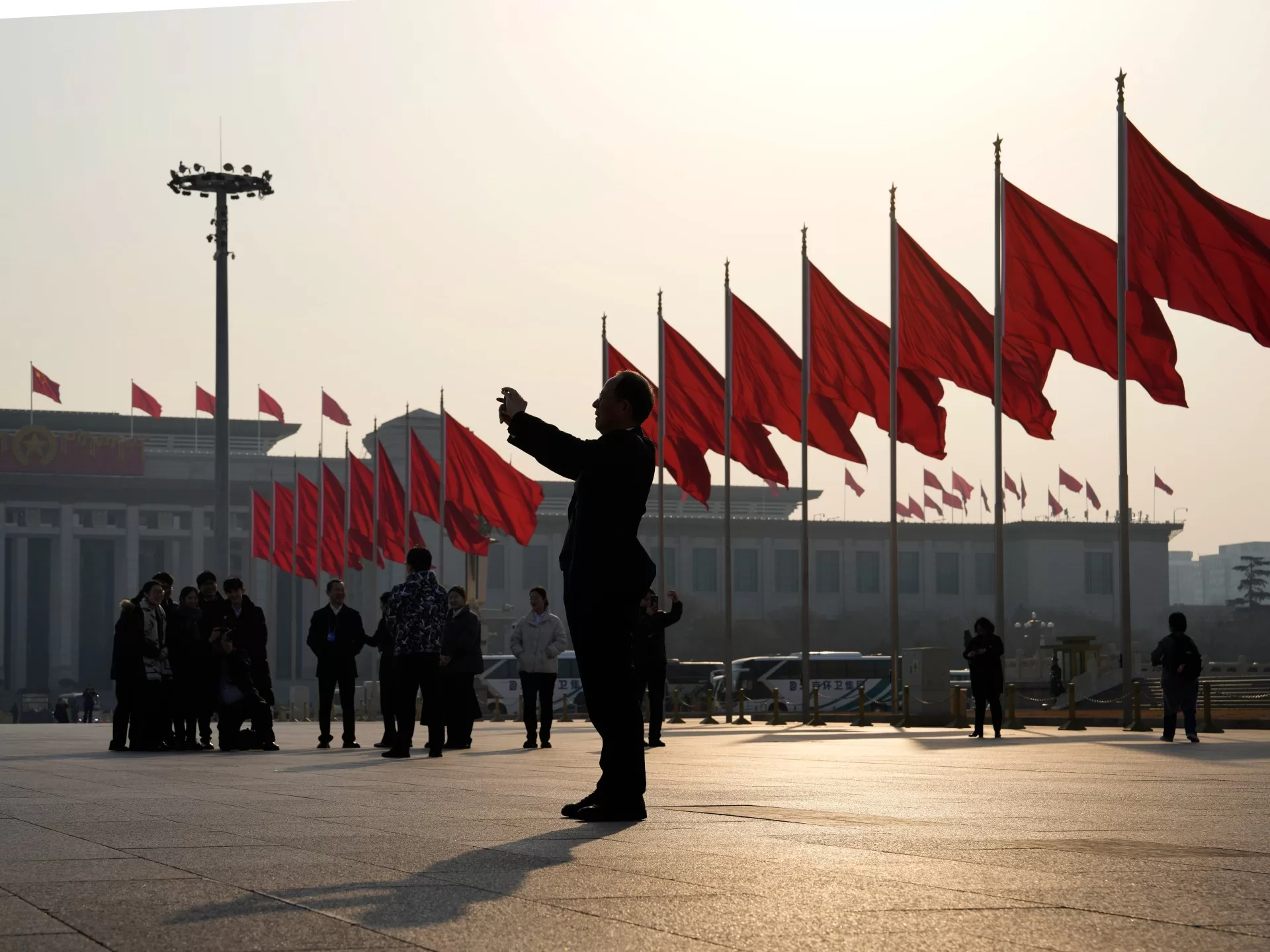The world’s second-largest economy is facing challenges, including an ailing housing market and weak domestic demand.
Top officials have been upfront about the myriad challenges China is facing, admitting that a modest 5 percent growth goal will not be easy and that “hidden risks” are dragging the economy down.
But details of how they plan to tackle the problems have been scant. They have also simultaneously moved to deepen powers to deal with threats to their rule and tightened a veil of secrecy around policymaking, scrapping a traditional annual news conference and promising to include national security provisions into a raft of new laws.
Monday morning saw lawmakers meet for more closed-door deliberations before a closing session and a vote by the National People’s Congress (NPC), China’s parliament, at 3pm (07:00 GMT).
Among the legislation voted on will be a revision to the Organic Law of the State Council, China’s cabinet, which state media have said will aim to deepen the “leadership” of the ruling Communist Party over the government.
The tightly choreographed event caps a week of high-level meetings that have been dominated by the economy, which last year posted some of its slowest growth in years.
On Saturday, ministers pledged to do more to boost employment and stabilise the country’s troubled property market.
“Workers face some challenges and problems in employment, and more effort needs to be made to stabilise employment,” Wang Xiaoping, minister of human resources and social security, told a news conference.
Housing Minister Ni Hong said fixing the property market, which long accounted for around a quarter of China’s economy, remained “very difficult”.
But despite official pledges of support, analysts say they are yet to see the kinds of big-ticket bailouts the flagging economy needs if it is to rebound.
“Reviving the economy requires boosting household wealth and income, something China’s leaders clearly aren’t yet ready to do,” said analysts at Trivium, a research firm specialising in China, in a note.
Throughout the “Two Sessions”, officials have appeared reluctant to face questioning about the myriad economic headwinds China is confronting.
Last week, they broke a decades-long tradition by scrapping a news conference by the premier – long a rare chance for foreign media to question the country’s number two official.
The topic was swiftly removed from search results on Chinese social media giant Weibo, as was a hashtag declaring “middle-class children have no future”.
Lawmakers have also said they will adopt wide-ranging security laws in 2024 to “resolutely safeguard” the country’s sovereignty, further expanding the Communist Party’s powers to punish threats to its rule.
